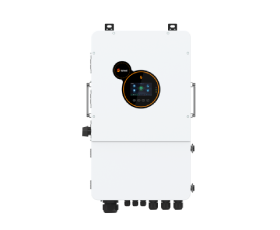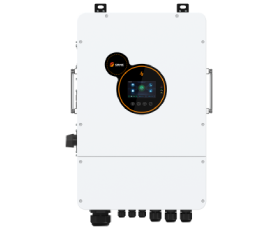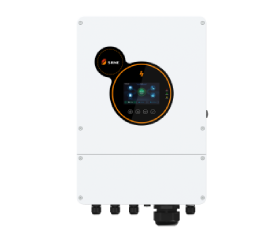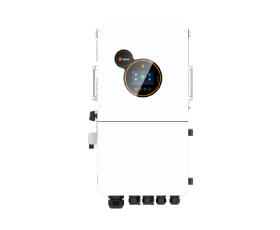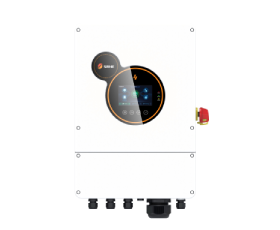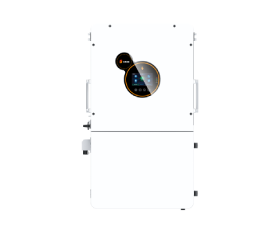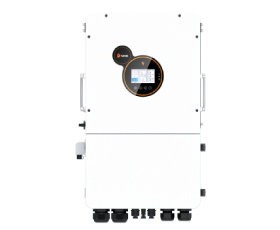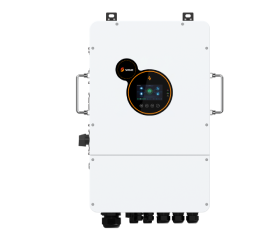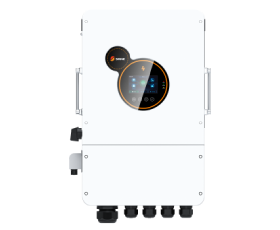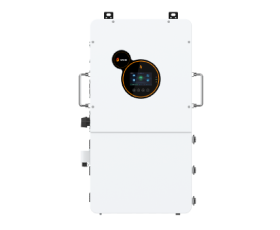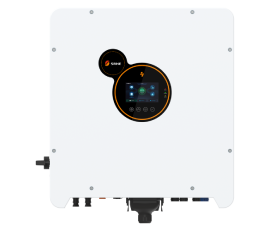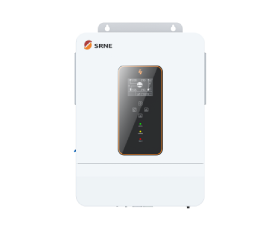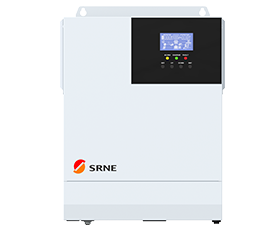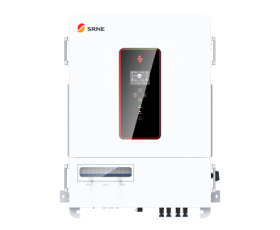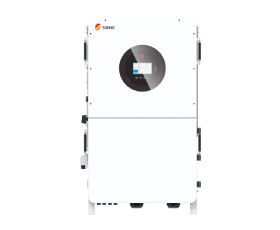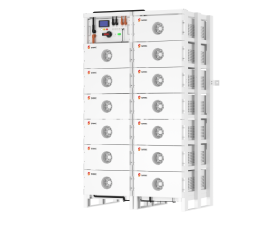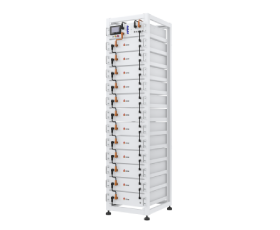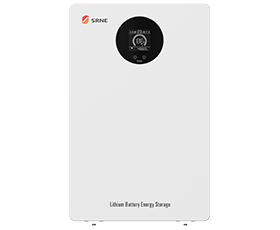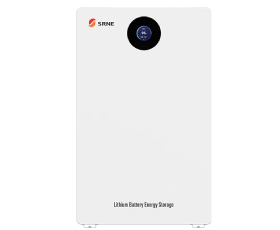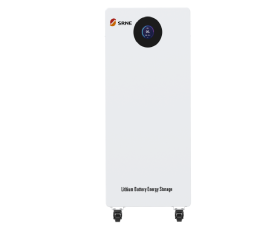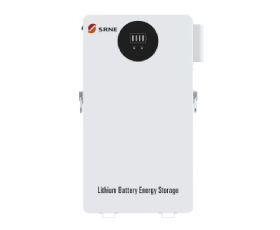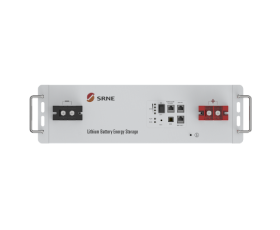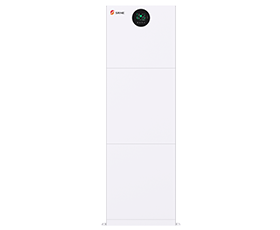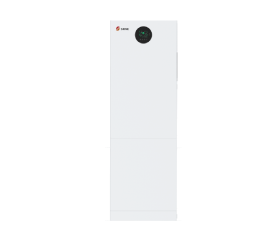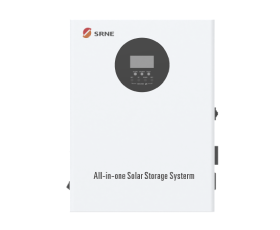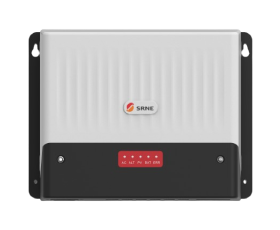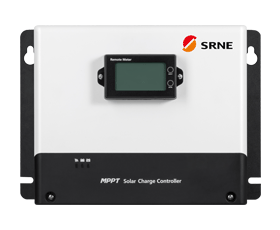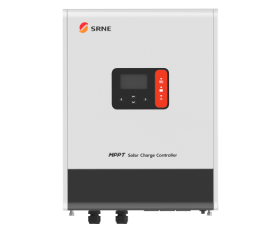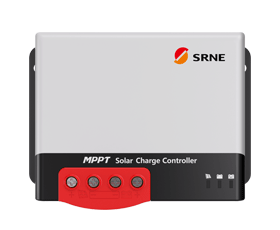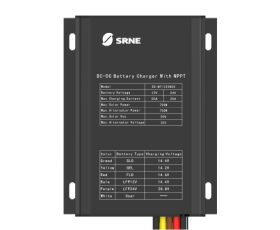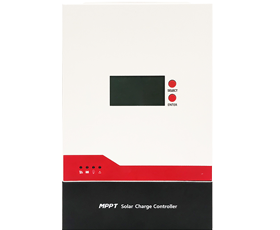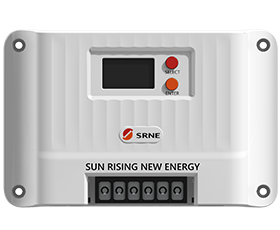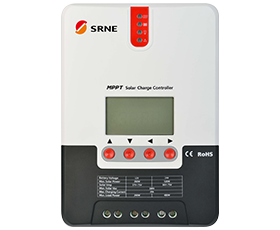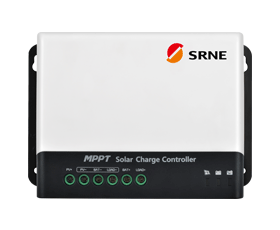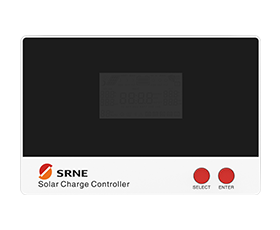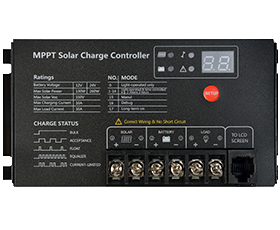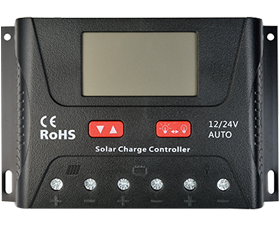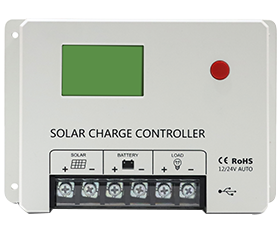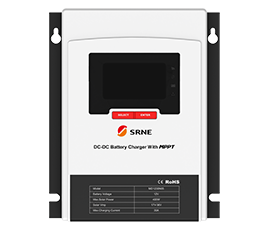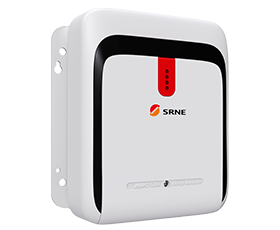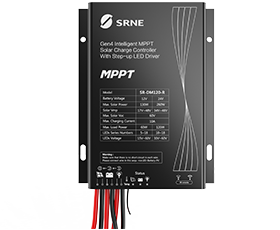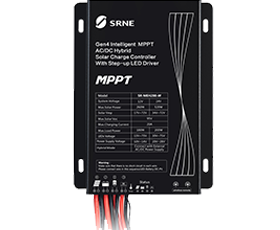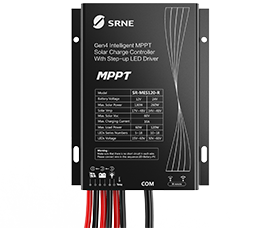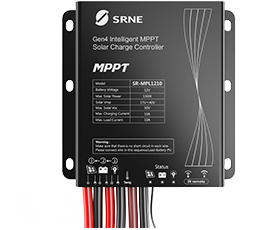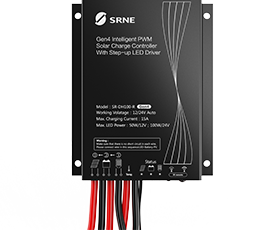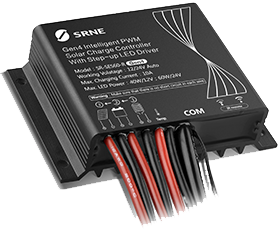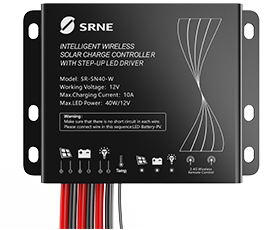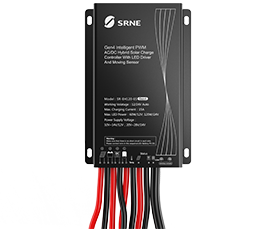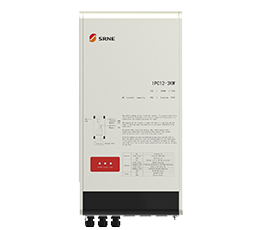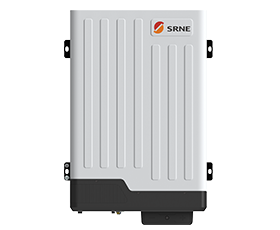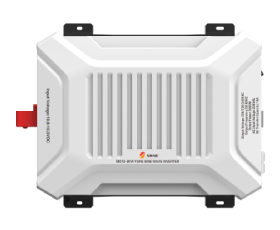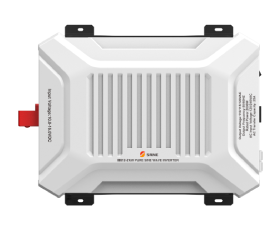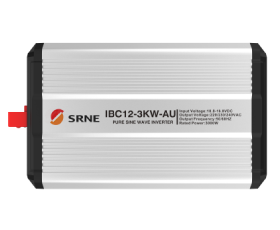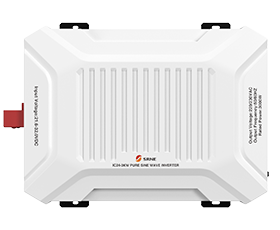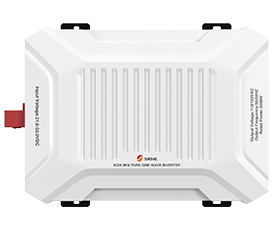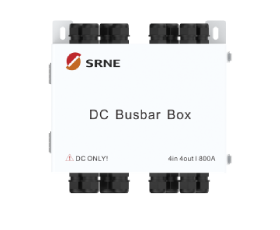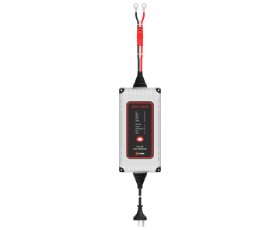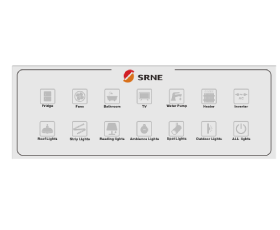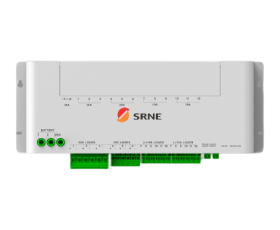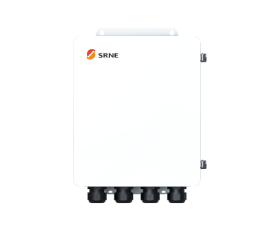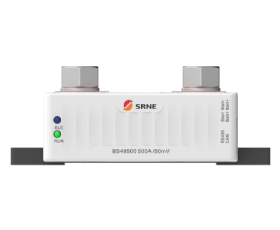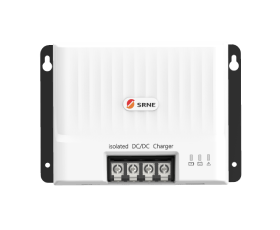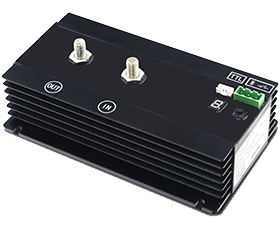Why Should You Install Solar Panels in Winter
Solar power is increasingly popular in the world. More and more homeowners start to discover the financial benefits of solar and install solar power systems on their property.
As a solar power system generates power from the sunlight, people tend to think that they would only benefit from this during the summer months, when sunlight hours peak. However, what you may not know is that the average home uses about 30 kilowatt-hours of energy each day, and most solar power systems can easily produce that with only 5 to 6 hours of sunlight.
Although summer is the most popular time to install solar panels, winter is actually more ideal for most homeowners.
The following are some reasons why homeowners should install solar panels in the winter.
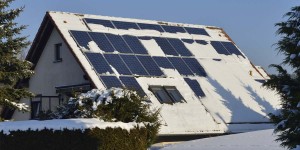
Quick and fast installation
You might be concerned about calling a residential solar system company in the winter because you don’t want to ask their installers to come when it’s cold outside, but winter is often a slower season, which means you will be able to schedule your installation right away. If you wait until the busier summer months, it could be several days or even weeks before they have time to come install your system.
If you’ve ever been up on a hot roof in the middle of the summer, you’ll understand why solar companies don’t mind installing solar panels in cold weather. A winter installation means they don’t have to get on a roof in 100+ degree weather in the summer, which is something the solar installers will appreciate.
Be prepared for the summer season
First, you are supposed to keep in mind that installing solar panels is an investment to reduce your total energy consumption throughout the year. Hence, there is no better time to start than winter. You may have heard the saying that “time is money”, and when it comes to your solar panel installation, it is also true. The longer you wait to be installed, the longer you will be paying the full electric bill to your local energy company.
On average, it takes 2-3 months from signing of the contract to get your solar up and running. If you wait until the summer to install your solar panels, you will miss an entire year of saving energy. If you start in winter, your panels will be ready by mid-spring and most importantly, by peak production season.
This is particularly effective for financial incentives from your local power utility, like net metering. Most homes that use solar energy actually generate more energy than they can use during the day, and net metering allows your utility company to buy back and give you credit for the clean, renewable energy from your solar panels.
Solar power system will still generate electricity in winter
One of the most common misconceptions is that solar panels do not work in winter. This is not true. Because the sun rises every day no matter how cold it is. Solar energy is created in sunlight, not heat, making it a reliable energy source throughout the year. The amount of electricity solar panels can generate will depend on the density of cloud cover.
Moreover, people who consider to install solar panels will concern about the snow in the winter. They think that snow can accumulate on panels and block the photons from the sun. However, snow will quickly melt and slide off the panels in most cases. So, even if you live in an area where there are a significant amount of snow in the winter, your solar power system will still be able to generate electricity in the winter.
Solar panel efficiency increase in cold weather
Your solar panels are like any of your electronic devices (e.g. computers, radios, or household appliances). They function better in cold weather temperatures in comparison to hotter temperatures. Moreover, solar panels generate electricity more efficiently in cold temperatures, which in turn, increases the daily amount of electricity produced despite shorter daylight. In summary, as long as there is sunlight and clear skies, your solar panels will be efficient in winter.
Therefore, winter is an optimal time for installing the solar panels.



















